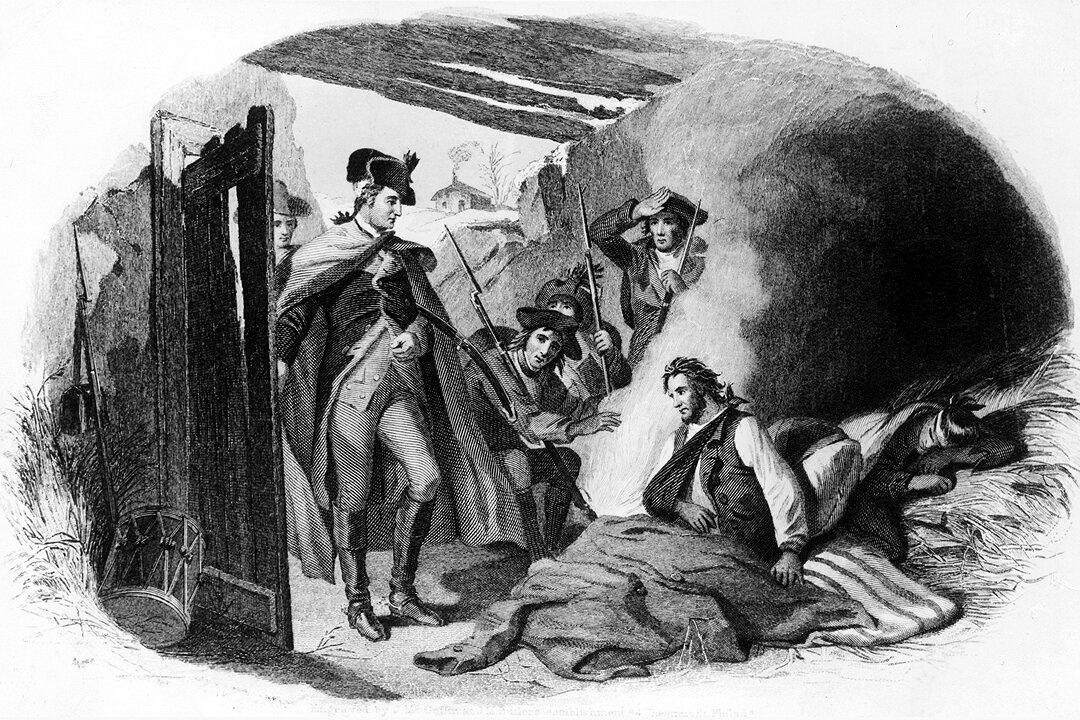Commentary
When President Donald Trump authorized the strategic strike against Iran’s Gen. Qassem Soleimani there was an uproar of praise and worry stemming from the same people: Americans.

When President Donald Trump authorized the strategic strike against Iran’s Gen. Qassem Soleimani there was an uproar of praise and worry stemming from the same people: Americans.